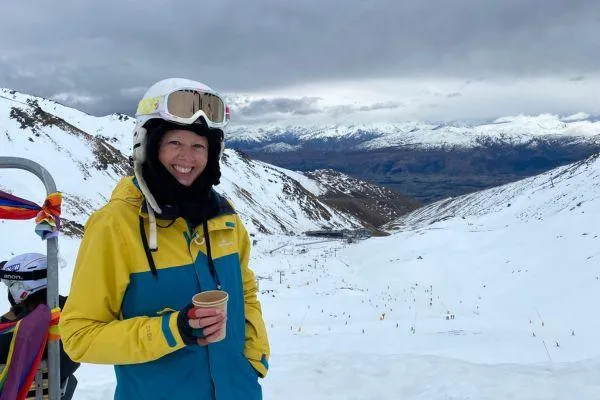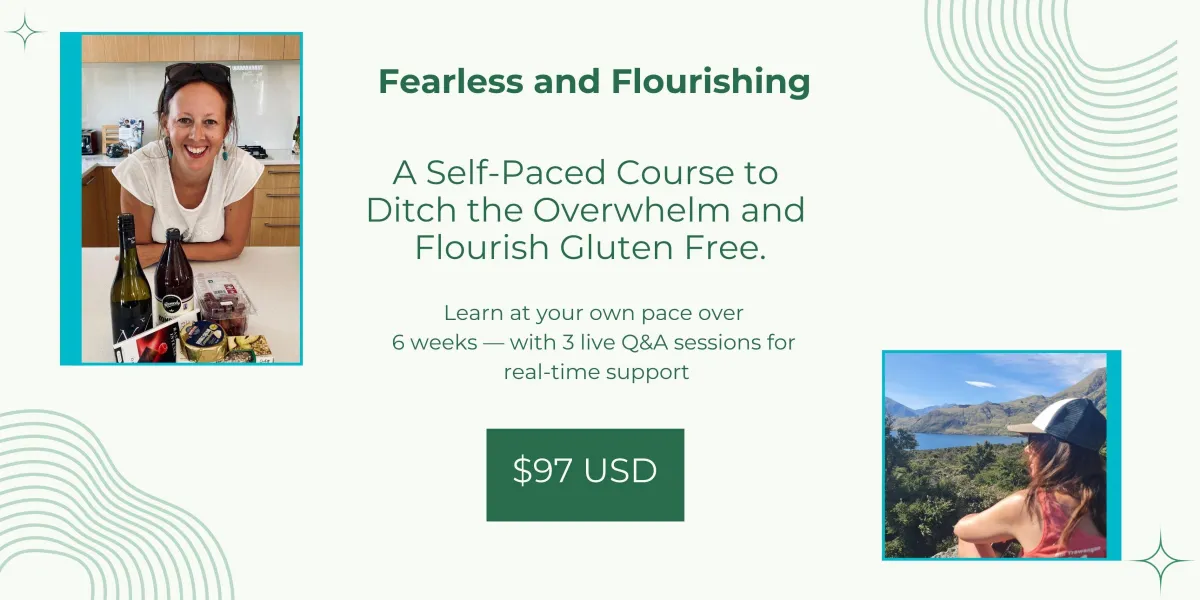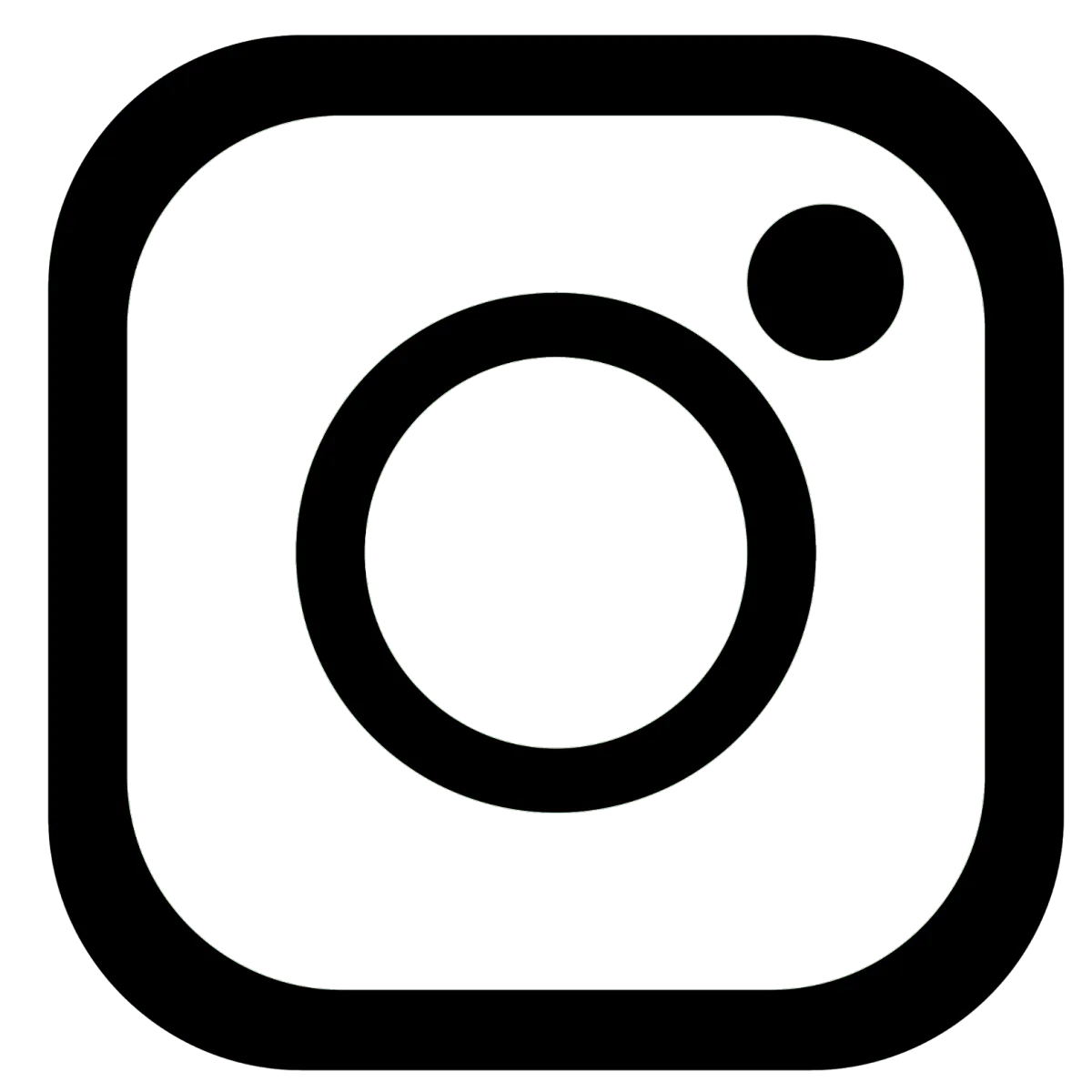Gluten Free Stories

From Diagnosis to Determination
In 1999, coeliac disease was far less common and not as widely recognised as it is today.
A Dentist's Unexpected Insight
After feeling sick for an entire year, it was surprisingly my family dentist who first noticed something unusual. During a routine check-up, he observed changes in my gums and suggested I must be ‘burning the candle at both ends’ and needed to see my doctor. I had just returned from a summer ‘working’ in the US, so that was partly true, but deep down, I felt something else was wrong.
My body wasn’t absorbing nutrients properly, leading to malnutrition, and my dentist could see the signs in my teeth and gums. At the time, I had no idea that symptoms like being unable to digest food and vomiting shortly after eating—even with gluten free meals—were connected to something as significant as coeliac disease. It was an incredibly stressful and embarrassing time.
Fighting to Be Heard
Convincing doctors that something was wrong was another battle. I was repeatedly asked if I had an eating disorder, and getting them to believe that I didn’t was exhausting. I will forever be grateful to my Mum, who pushed relentlessly until I was referred to a specialist. On the day of my first endoscopy, I was seen by a gastroenterologist who was skilled at identifying coeliac disease.

Mum and I when she was in Queenstown to celebrate her 80th birthday a few years ago.
The phone call that changed everything came on my 21st birthday.
I had coeliac disease.
Back then, food labeling was a different world. There were no allergen statements or clear gluten indicators. Grocery shopping felt like detective work, scrutinising every label and relying on the Coeliac Ireland Food Directory to ensure my food was safe.
Shock, Salads, and Safety Snacks
Initially, I was in shock. There were many moments of tears and frustration, especially when I attended work functions where the only option was a sad lettuce-heavy salad and an apple (which, side note, makes me even hungrier!).
Long-haul flights were another challenge—despite ordering a gluten-free meal, it often never showed up. But I learned to prepare and take control. Now, I triple-check meal orders and carry an enormous amount of ‘safety’ food when I travel. It’s become a running joke how much food I pack or how I insist on eating at the airport whenever I spot gluten free options, even if I’m not hungry. I guess I’m always worried about running out of food.
Looking back, I now believe receiving my diagnosis on my birthday was one of the best presents I could have been given. It gave me answers.
While navigating this lifestyle has its challenges, I remind myself that I can manage it with food alone—something not everyone with a health condition can say. In fact, I’ve found that it’s often a healthier way to eat.
This diagnosis also sparked a lifelong habit of being highly aware of what I put into my body. For 25 years, I’ve diligently read every food label to make the best choices for my health.
Planes, Bread, and Border Crossings
And I haven’t let coeliac disease stop me from living my life to the fullest. I’ve been fortunate enough to travel to incredible places like Oman, Mongolia, Kyrgyzstan, Kazakhstan, China, Australia, and more. Traveling as a coeliac has its challenges, but with preparation and the right mindset, it’s completely possible. These experiences have taught me resilience and self-advocacy. That said, I must admit it was tough constantly declining freshly baked family bread in Kyrgyzstan when my lovely hosts couldn’t understand why!

Darren and I in Olgi, Mongolia, 2010
I grew up in Galway, on Ireland’s west coast, where coeliac disease is relatively common. But I’ll never forget my first night in New Zealand when I spotted a takeaway offering a gluten free pizza option—I felt like I had landed in paradise! Thankfully, gluten free food options have come a long way since then.
Food knowledge is as power, not a limitation
Managing a disease through food rather than medication is empowering. And everyone should understand more about what they are eating. Recently, I was diagnosed with a rare condition called Addison’s Disease, which I now manage with daily steroids, but that’s a story for another time.
So don’t let your diagnosis hold you back. Find the tools, knowledge, and skills to make your dreams happen. As Hippocrates wisely said, “Let food be thy medicine and medicine be thy food.”
I founded Gluten Free Crew last year to support fellow coeliacs on their journey. If I can help you in any way, please reach out—I’d love to connect.
*****
Email me on hello@glutenfreecrew.com if you have any questions or I can help in any way.
📲 Follow me on Instagram: @yourglutenfreecrew
📲 Follow me on Facebook: @yourglutenfreecrew
📲 Follow me on TikTok: @glutenfreecrew



